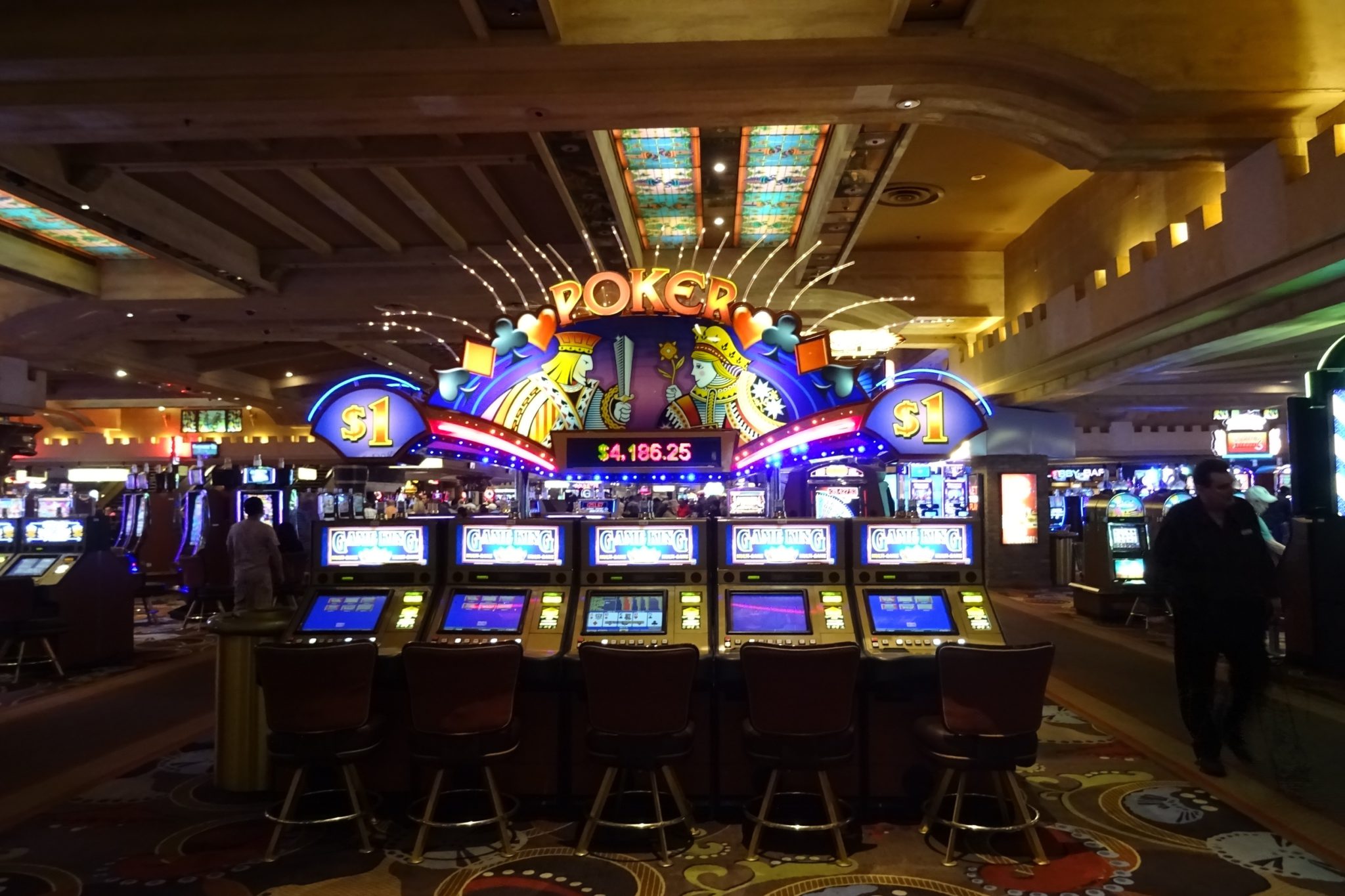Casino gaming has long been a subject of fascination and controversy, drawing in millions of players around the world. With a mix of chance, skill, and the thrill of uncertainty, casino games offer an exciting escape from everyday life. However, as entertainment becomes ever more accessible, it calls for a deeper examination of the ethical implications surrounding these games.
At the heart of the discussion lies the issue of whether casinos promote safe gambling or take advantage of at-risk individuals. The allure of potential winnings versus the truth of losses can create a complex situation, and understanding this balance is crucial for both players and operators. As we delve into the morals of casino gaming, we will explore the responsibilities of casinos, the effects on society, and the steps that can be taken to foster a healthier gaming environment.
The Impact of Casino Gaming on Society

Gambling in casinos has a significant influence on the community, affecting not only the economy but also social behaviors and local frameworks. The income generated from casinos can lead to employment opportunities and boost local economies, as they provide various employment opportunities in different sectors including food and beverage, entertainment, and shopping. However, while the economic advantages can be substantial, communities often struggle with the potential negative impacts that arise from higher gambling activity.
Additionally, the presence of casinos can lead to an increase in gambling addiction, presenting significant challenges for individuals and families. 33win The thrill of casino games can quickly transform into a compulsive habit, affecting connections with others and leading to monetary issues. Many individuals may struggle with the loss of control over their gambling behaviors, resulting in a need for assistance programs and help to address this increasing issue. The social cost of gambling addiction can extend through families and neighborhoods, creating an urgent need for responsible gaming initiatives.
In addition to the economic and social consequences, casino gaming often reflects cultural attitudes towards uncertainty and leisure. It can foster a sense of excitement and leisure, attracting visitors and boosting tourism. However, this allure may also conceal the wider implications of gambling as a form of entertainment, provoking ethical questions about its advertisement and availability. As communities weigh the advantages and disadvantages of casino gaming, the need for responsible practices and oversight becomes increasingly critical in ensuring that the positive aspects are maximized while minimizing the potential harms.
Ethical Concerns in Betting Practices
The ethics of gambling gaming often revolve around the potential for dependency and its effects on individuals and families. Gambling can lead to serious financial distress, impacting not only the gamblers but also their families. As individuals become caught in the allure of winning, many lose sight of their financial limits, which can result in catastrophic results such as insolvency. This poses moral questions about the responsibility of casinos in promoting safe gambling practices and providing support for those who may be dealing with betting addiction.
Another critical issue is the promotion of gambling to at-risk populations. Gambling establishments often target low-income individuals or neighborhoods with the promise of quick rewards, which can perpetuate patterns of financial struggle and despair. In this situation, the morality of advertising strategies used by casinos come under scrutiny, as they may exploit the need of individuals seeking an escape from financial hardships. This exploitation raises moral questions about the honesty of the gambling industry and its obligation to protect its most vulnerable patrons.
Additionally, the effect of gambling operations on society as a whole cannot be overlooked. While some argue that gambling establishments create employment and stimulate local economies, others point to the social costs associated with dysfunctional gambling, increased crime rates, and a burden on public services. Balancing financial advantages with the potential for community issues presents a complex ethical dilemma for policymakers and casino operators alike. The difficulty lies in finding a responsible approach that prioritizes the welfare of individuals and society while still allowing for the pleasure of gambling activities.
Oversight Structure and Responsibilities
The regulatory framework pertaining to gambling operations is designed to ensure equity, honesty, and participant safety. Different government agencies and gambling commissions create and apply regulations that dictate how casino activities operate, the criteria for activity design, and the processes for processing rewards. These regulations vary by locale but usually involve permit requirements for providers and strict measures to avoid fraud and dishonesty.
In furthermore to regulatory bodies, gambling operators bear significant duty in preserving principled standards within their venues. They must implement safe player practices that promote participant protection and consciousness, including offering self-ban options and providing information about the risks connected to betting. Establishments are also responsible for educating staff to identify signs of difficult gambling and know the correct steps to assist customers in need.
Additionally, transparency in casino operations is crucial for earning and preserving public faith. Gaming establishments should provide clear information about the odds of activities, promotional deals, and any related dangers. By promoting an culture of transparency and responsibility, operators can help lessen the likelihood adverse impact of betting while improving the complete gaming experience for all players.